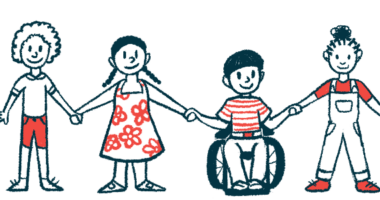UN Reclassifies Cannabis in Nod to Plant’s Therapeutic Prospects

After some 59 years, the chief drug policy-making entity of the United Nations (UN) has voted to remove cannabis from a listing of narcotics designated as potentially addictive and dangerous, and having little to no therapeutic use.
The reclassification by the Commission on Narcotic Drugs (CND) opens the door to greater recognition of the medicinal and therapeutic potential of cannabis. However, the plant’s use for purposes other than medical and scientific will remain illegal.
The CND has 53 member states and provides policy guidance to the UN Office on Drugs and Crime.
The removal of cannabis — its dried leaves and buds are known as marijuana — from Schedule IV of the 1961 Single Convention on Narcotic Drugs is expected to spark more study into the plant’s medicinal properties. Cannabis had been listed alongside addictive opioids, including heroin.
The Single Convention is an international treaty to prohibit the production and supply of specific drugs, and those with similar effects, except when licensed for certain purposes such as medical treatment and research.
The vote to reclassify cannabis was 27 in favor and 25 against, with one abstention. It took place at the 63rd reconvened session of the CND, held last month in Vienna, Austria.
More than 50 countries have medicinal cannabis programs, and Canada, Uruguay, and 15 states have legalized its recreational use.
The vote followed two years of consideration that began at the CND session in January 2019, when the World Health Organization introduced several recommendations regarding the listing of cannabis in global drug control treaties. At the time, many countries requested more time to study the issue.
Among the recommendations, it was suggested that cannabidiol or CBD, the non-psychoactive marijuana compound, should not be subject to international controls. That compound has 2% or less tetrahydrocannabinol or THC, the psychoactive substance in marijuana.
CBD is being investigated in different medicines for several conditions. For example, Epidiolex is an oral cannabidiol solution developed by GW Pharmaceuticals and approved in the United States to treat seizures in patients age 1 and older with Dravet and Lennox-Gastaut syndromes. The treatment also is approved in the EU and Scotland under the brand name Epidyolex to treat seizures in patients with Dravet or Lennox-Gastaut, ages 2 or older, in conjunction with clobazam, an anti-epileptic medication.
During the December meeting, the U.S. was one of the countries that voted to remove cannabis from Schedule IV of the Single Convention. The U.S. did, however, vote to keep the plant in Schedule I, which lists drugs that are liable to cause significant abuse as well as ill effects, but which have potential therapeutic uses. Schedule IV includes drugs from Schedule 1 that “are not offset by substantial therapeutic advantages.”
In a statement in a UN press release, the U.S. said its vote is “consistent with the science demonstrating that while a safe and effective cannabis-derived therapeutic has been developed, cannabis itself continues to pose significant risks to public health and should continue to be controlled under the international drug control conventions.”
Chile voted against the removal, saying “there is a direct relationship between the use of cannabis and increased chances of suffering from depression, cognitive deficit, anxiety, psychotic symptoms, among others.” Japan noted that non-medical use of the plant “might give rise to negative health and social impacts, especially among youth.”






